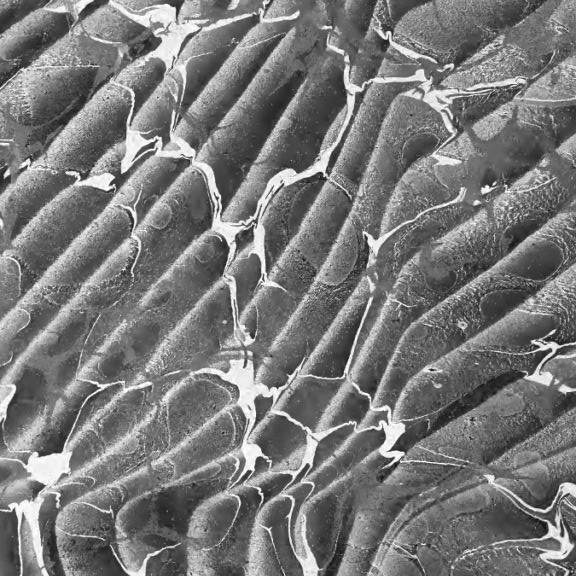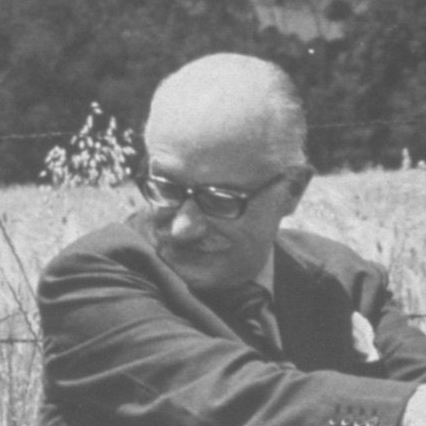Updated 12/5/23
See the list of topic categories here.
The State is an apparatus developed by society to defend itself. The modern state has transformed into an autonomous organism that exploits that society.
The more complex the functions of the state, the more the fate of the citizen depends upon some low-ranking bureaucrat.
Every democratic revolution consolidates the State. Revolutionaries do not rise against the omnipotent State, but against whoever controls it at the moment. The People demand not self-governance, but the freedom to be their own tyrant.
In medieval society, society is the state;
in bourgeois society, state and society confront one another;
in communist society, the State is society.
The State, which absorbs all freedoms, is the antagonistic political form of the Empire, a structure of freedoms that cannot be absorbed.
No one social class has exploited the rest more blatantly than that which today calls itself “the State.”
It is no longer enough that the citizen resign himself- the modern State demands accomplices.
A totalitarian state is the form into which societies crystallize under demographic pressures.
The identification of a doctrine with the national State strengthens the State and limits the influence of the doctrine. Without Constantine and Theodosius, Christianity would have conquered Asia.
The State has not behaved with discretion and restraint but under the envious and watchful eye of a wealthy bourgeoisie.
The massive thing known as “the State” is not an abstract being. It is an immense amassing of small wills. If the State is large, it is not because the wills that make it up are large, but because there are simply a larger number of wills. And those wills themselves cannot be great, because the more they make up the State, the smaller they become, since they mutually humiliate, hinder, and limit one another. But also, the smaller and more numerous, the greater their power and collective strength.
Thus, the participation of a large number of wills in governing a state inevitably engenders an absolute tyranny and an absolute mediocrity.
A liberal state is not the opposite of a totalitarian state, but a parallel error.
The most well-organized political enterprises, just like the wisest economic measures, are merely games of chance that one wins by luck.
The statist, made conceited by his successes, pretends he knew he was buying the winning lottery ticket.
Separation of Church and state can suit the Church, but is disastrous for the state, as it delivers it over to pure Machiavellianism.
As the State entangles all human activities in its web, each day it becomes more difficult to govern, and easier to command.
Revolution is progressivist and seeks the strengthening of the State.
Rebellion is reactionary and seeks its diminishing.
The revolutionary is a potential civil servant.
The rebel is a reactionary in action.
Without a hierarchical structure, it is not possible to transform freedom from fable into reality. The liberal always discovers too late that the price of equality is the omnipotent State.
The despotic decisions of the modern state are, in the end, made by some anonymous bureaucrat; lowly, pusillanimous, and probably a cuckold.
The modern state is a teacher who never grants his students a degree.
The paternalistic State is abominable; a paternalistic society admirable.
In a healthy society, the state is an organ of the ruling class.
In a malformed and ailing society, the state is a tool of the bureaucratic class.
The State is a monster, and politics can only be the art of weakening it.
There is no hope when the State is the soul’s recourse against its own chaos.
The State does not diminish except in the shadow of Empire.
In the modern state, there are only two parties left: citizens and bureaucracy.
The bourgeoisie, in the feudal framework, is located in small urban centers where it is structured and civilized. When that frame is broken apart, the bourgeoisie expands over the whole of society and brings about the nationalist State, rationalist technology, the massive and anonymous city, mass man, and finally, the wavering of society between the despotism of the mob and the despotism of the expert.
The democratic State is the tool majorities use to oppress minorities, before turning on themselves.
When society is cast entirely in the mold of the State, the individual evaporates.
Wise politics is the art of invigorating society and weakening the State.
Note: Dávila was a Colombian political philosopher and in the Latin church. His aphorisms are presented here for the purposes of enjoyment, study, and historical record, but do not necessarily reflect the opinions of this writer. For more information on Dávila, see this introductory post. For information on how to live your life, go to church and read the Church Fathers/Saints.
Featured image: Vintage end-papers. source



